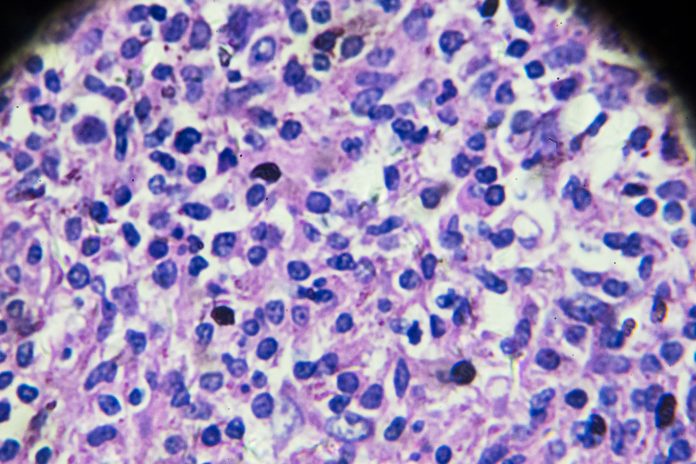
An oral medication that corrects RNA splicing errors could be used as preemptive treatment for the cardiac variant of Fabry disease (FD) and might help treat other mis-splicing genetic disorders, study findings suggest.
RECTAS-2.0 is the first oral drug to act on a splicing-specific mutation that affects people with FD, a multisystemic lysosomal storage disorder that affects fat metabolism. The drug acts upon the affected GLA gene, which codes for α-galactosidase A (α-GAL), and it restored functional levels of this enzyme in preclinical models.
The findings, published in Science Advances, offer a potential alternative to the limited treatment options currently available, which can involve lifelong, biweekly enzyme replacement therapy.
“Rather than targeting the disease pathology directly, our compound addresses the underlying genetic defect responsible for disease development,” noted lead researcher Tomonari Awaya, PhD, from the University of Tokyo, and co-workers.
“If clinical trials in diseases with larger patient populations, such as FD or familial dysautonomia, confirm safety and efficacy, RECTAS could potentially be applied to other conditions involving suboptimal exon competition, even in cases where the patient population is too small for feasible clinical trials.
“This approach could extend the therapeutic use of RECTAS to rare genetic disorders characterized by competitive exon recognition, offering a novel strategy for treating otherwise difficult-to-manage conditions.”
Many pathogenic genetic variants affect RNA splicing without altering coding sequences, leading to mis-splicing events that produce non-functional proteins or reduced gene expression. As the mutations do not affect coding sequences, correcting splicing errors using RNA-based therapies can potentially restore full gene function without changing protein-coding sequences.
FD exists in a classic form affecting multiple organs but also in a late-onset cardiac version, which occurs due to the specific splicing mutation: GLA c.639+919G>A. This introduces a 57-nucleotide “poison” exon that disrupts normal α-GAL production in cardiac cells.
The mutation is prevalent in East and Southeast Asia due to a founder effect that originated in China more than 800 years ago and is particularly common in Taiwan.
The researchers reported that RECTAS-2.0 was able to restore RNA splicing and boosted α-GAL activity in cells from patient-derived cell lines and prompted differentiation of pluripotent stem cells into heart cells. When orally administered in mouse models of cardiac FD, the drug replicated these benefits and relieved symptoms, without notable side adverse effects.
“Although additional preclinical studies are required to thoroughly evaluate off-target effects and species-specific differences in RNA splicing regulation before advancing to clinical trials, our preclinical data thus far have revealed no notable adverse effects,” the authors reported.
“This positions RECTAS-2.0 as a promising candidate for the preemptive oral treatment of cardiac FD, offering a novel therapeutic approach in particular for patients with limited existing treatment options.”








![Best Weight Loss Supplements [2022-23] New Reports!](https://technologytangle.com/wp-content/uploads/2022/12/p1-1170962-1670840878.png)




